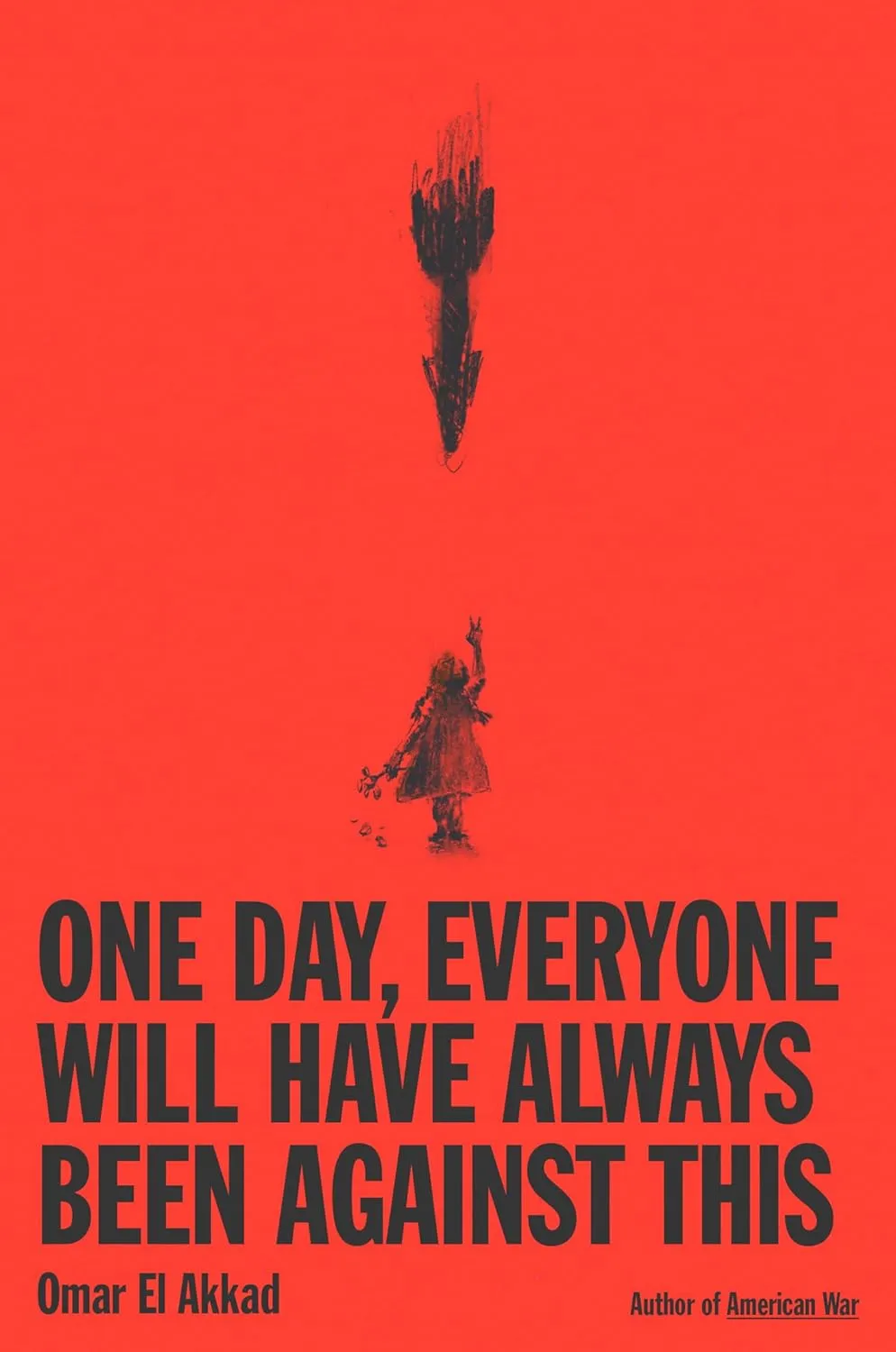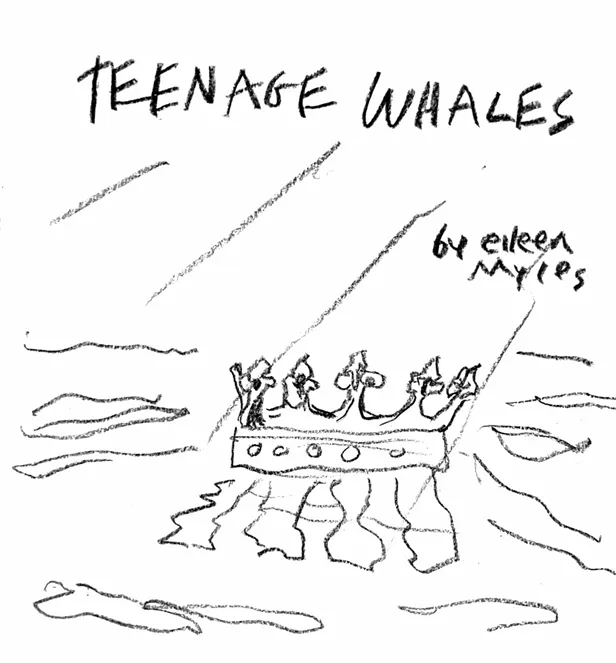Paul Auster and J. M. Coetzee at the International Marquee

Originally published Oct 1, 2011 on Literatured.com.
The Samuel Beckett student and the screenplay writer are come a long way. Sitting in the balcony, I am in line with J. M. Coetzee, reading from the correspondence he’s had with Paul Auster, stage left. Two great novelists whose letters were written with an audience in mind, with their flow of words and auroral themes. 22 September, the beginning of the Kingston WritersFest, at the Grand Theatre in Kingston, Ontario: two spar from cozy and austere wing chairs.
The correspondence opens as Auster equips his reading glasses and Coetzee takes his off, with the deferential laughter of the audience. Auster invites Coetzee to collaborate, subtly being made to be, by the end of the evening, the correspondence itself. “I consider you a friend, a true friend.” Coetzee was wanting to write him a letter about friendship. He contemplates the hypothesis of Sophocles: Œdipus is made out to love his own mother, and apparently all men do; true? maybe; interesting, definitely. Men choose friends in men of similar interests; true? maybe; interesting, definitely not. Coetzee claims that friendship was best in the ancient world when a philosophical stance was not availed for it.
Paul responds that friends share their feelings, but “men do keep secrets, even from their closest friends.” He also shares the sentiment that the “best and most lasting friendships are built on admiration.” He then brings humour back on stage, by saying that before our erotic lives begin, love is friendship; then, a breath after, that love is not friendship. The two speak later on marriage and friendship, their contrasts and similarities. But for now, Coetzee launches into a musing on language.
He says: Derrida’s mother tongue was not French. He follows with: a writer has a derogatory relationship with his mother tongue. He earlier had forwarded Paul a quote by Ford Madox Ford on men, women and friendship; now he describes himself as Eliot in England, out of touch with a new dialect of English: “How can one ever write, think, speak in a language that’s not one’s own?” Paul Auster left his response at home, asking John to skip to his next letter in order that Auster respond. So, Coetzee continues his language theme: “‘Help me I’m dying of thirst’ will get you nowhere in Mongolia.” After a thought on linguistic signifiers: he begins uttering about Kafka, whose character K. has given that letter an allusive property. He mutters that “your name is your destiny”, and talking of other writers briefly, concludes idiosyncratically “in a Borgesian revelation.”
In kind, Paul states “numbers tell stories,” and that they’re “as allusive as the Elysian fields of Paris.” After running through a list of numerical allusions to Manhattan establishments that he has memories invested in, he cuts to a statement detailing that when he was young, he would play with typewriters; J. M. Coetzee, with the English epistemology of language. he recounts once driving through Alphabet City as the passenger of a cabby. He tells Coetzee that Ave K wouldn’t be bad, but O, X and Z would: nothing, unknown, and the end. Then he switches subjects, too, to the iridescence of colours: to describe blue or green to a blindman would be impossible for language. Like Delmore Schwartz describing his own name, Paul Auster finishes the letter speaking of names, in response to Coetzee’s quote that a name is one’s destiny: Paul Auster could derive from Latin: paucus auster, little wind, little fart.
There’s a time when Coetzee was chastised by one of his readers as antisemitic for having a character use a slur in Slow Man. Paul checks his watch while Coetzee reads. He asks, “how does one go on?” Paul rebuts, full force in voice, although double in wording: “What to do? Do nothing or something.” Then they speak on “the arts playing a diminished rôle… since the late ’70s or 80s.”
Auster, on capitalism triumphant, pop culture over “high culture” (“quote-unquote,” he said “high culture”), the end of communism, and the death of modernism, says, looking back “all I have found is sadness.” He then regains strength, saying “art… is an unquenchable human need.”
J. M. Coetzee then careens, applying Freud’s erotic impulse vs. the erotic object to food, and how did Herman Kafka seem to Franz? “[Is it so, there's a minority who have issues as Kafka did with food?]” Kafka was a vegetarian, to which Coetzee adds, that Ernst Pollak’s views on Kafka’s diet were serious. Then a series of quotes summarize their gastronomic discussion. Paul Auster: “food goes into your mouth, words come out of it.” Coetzee: “appetites should not be sated in silence.” Auster: “the sameness is what made [Christmas dinner] so enjoyable,” a quote from one of his family members who he posed a question to, on why eating the same thing was necessary for the daily activity of eating.
Then recalling Norman Mailer and punching a certain critic, Auster recalls the time the editor Bob Silvers of New York Review Books introduced him at lunch to an L.A. critic. Now, before this introducing, Auster admits that he hadn’t any longer read reviews of his own work, but he had read this man’s on his latest, and that it was filled with meaningless phrasings like “Auster does not believe in traditional fictional values.” In other words, the review was an exemplary trite disgust against Auster’s works, but before the novelist could stop the editor, he was faced with the critic. He decided to pretend he hadn’t read the review, and fore Auster, the critic turned pale and shaky. Avoiding physically striking the reviewer, he felt that he was “basking in moral triumph.” After this, Auster chanced to see another article on his following novel by the same reviewer wherein the reviewer’s tone had not changed, despite being scared to pieces by meeting the man whom he had textually reprimanded.
Then J. M. Coetzee reads: “climbing hills on a bicycle can be a great school of stoicism.” He intercalates the letter with literary theory, on describing characters: “half the time, most of novelists aren’t interested in capturing the essence of the model… I prefer to make people up from scratch. [It makes them] more real that way.”
Paul Auster admires Coetzee’s suffering: self-inflicted torture is mystical to him. He agrees: “making people up from scratch feels more like the real thing.” Need I remind the reader that Coetzee hadn’t visited Kingston before writing his latest, Summertime. Auster continues to report that he has made certain celebrities appear in his fictions, like Dostoyevsky and Nikola Tesla. He says that there was never an instance of him having taken a real person with a changed name into his fictions. I assume he doesn’t much like the style of Kerouac then. On visualizing the settings of a fiction, he recalls that reading Pride and Prejudice the characters appeared to his vision to be in the house of his boyhood. “Each mind is continually producing its own vision.”
Coetzee finishes his thoughts on athletics, saying that what makes people run long distances will forever be a mystery to him. He includes, however, the statement that he’s not the kind of person who would ever get off his bike and walk, even if nobody were watching. Then, he finds a segue to literary theory, dropping several notable phrases: “my room is [a] pretty bare space,”; that a professor at Cornell asked students to draw floorplans of their readings’ settings; and “the weak Nabakovian thesis [is that] the novel should not contain internally contradicting data.”; then finally, on his novels’ characters: “I haven’t the faintest idea of what happens to them after the last page.”
Auster then takes up the literary theme, describing a context wherein a vacuum is the lack of complete description: “Does the mind abhor the vacuum?” Coetzee speaks of putting “auroral tonality” in every description.
Paul then talks about the correspondence between John and himself, yielding to an end, marking “the effects our conversation has had on me”: “I discovered that I often walk around talking to you in my head.” He mutters a last word on Manhattan, calling it a “gigantic metropolis”.
John: “You sit there hour after hour, day after day, writing your thoughts.” He then says that he sees his vision of Paul as the “voluntary prisoner of the Muse” as true. He brings in a vulgar vocabulary item, “it’s not entirely bullshit… writing is giving.”
Auster wraps up the themes in subtle humour: he has always been eating “in utmost solitude,” ordering lunch in silence. In line, he finds it amazing “how much one can see and hear in four-to-seven minutes.” Then recalling the typewriter mentioned earlier, he claims how each time “the ink smudges my thumbs.” To Coetzee’s self-described bullshit: “No, what you say is not entirely bullshit.”
It occurs to me that Coetzee sounds like Aristotle, and Auster looks like Stephen Fry. The former wearing black shoes, the latter, brown, and always handtalking. They rise from their chairs to hug the artistic director of the festival, Merilyn Simonds, who, when the two leave, calls them “two great writers, two great friends.”
Bibelotages Newsletter
Join the newsletter to receive the latest updates in your inbox.


